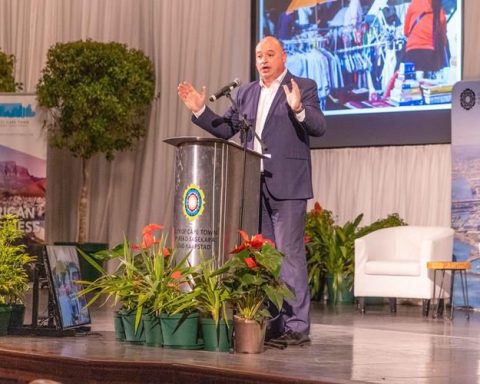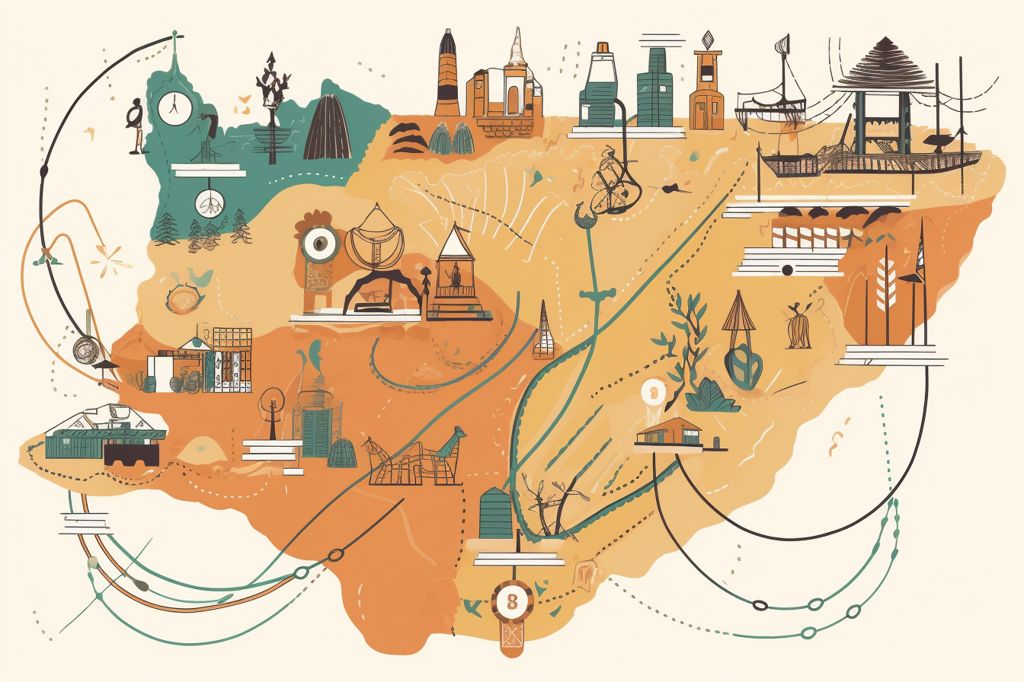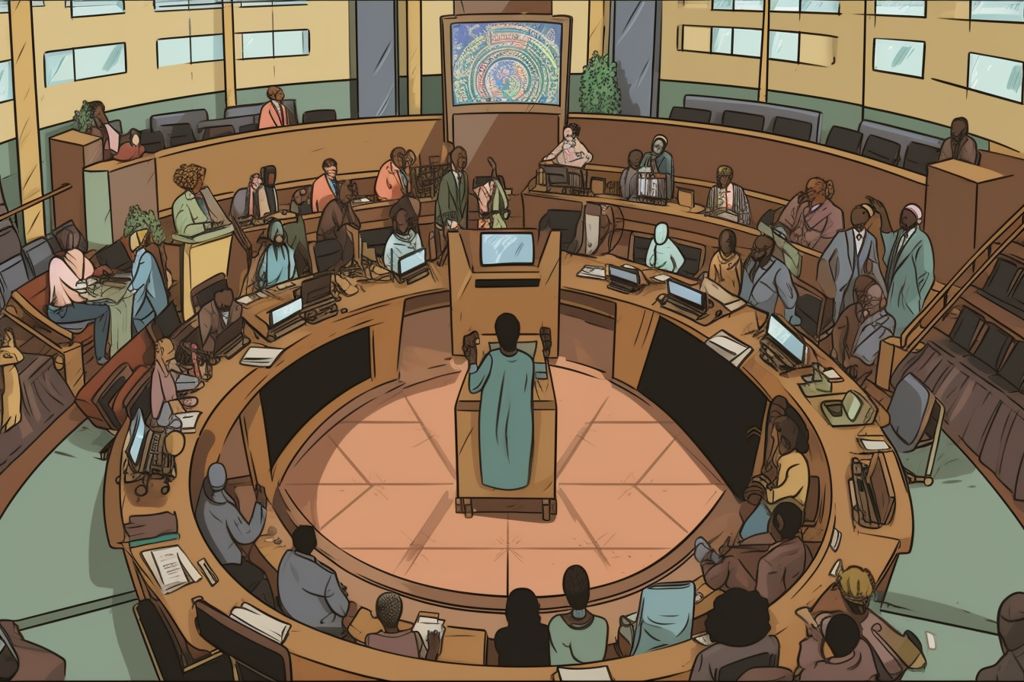Deputy Minister Parks Tau recently delivered a budget vote speech at the Parliament Good Hope Chamber, highlighting the importance of municipal support programs and integrated planning across all three spheres of government. The speech focused on the Community Works Program (CWP) and the allocation of R4.2 billion under Vote 3.
Boosting Infrastructure: Municipal Infrastructure Grant (MIG)
The Municipal Infrastructure Grant (MIG) is offering capital finance to 217 municipalities for infrastructure-related projects, ensuring basic service delivery to poor households in areas such as water, sanitation, roads, and community facilities. For the 2023/24 financial year, an amount of R17.6 billion has been allocated, with a total of R55.0 billion over the 2023 MTEF.
To support the momentum in this area, municipalities must develop asset management planning and practices. The number of perennial non-performance MIG municipalities has reduced from 39 to 36, with the expectation of further reduction through the District Development Model (DDM) and the technical support provided by the Municipal Infrastructure Support Agent (MISA).
To enhance the project management capabilities of underperforming municipalities, CoGTA has provided a 5% set aside. Additionally, CoGTA will intervene in municipalities with under-expenditure by applying provisions of the Division of Revenue Act that allow the department to retain a portion of the MIG allocation and create an indirect grant (Schedule 6B).
Funding for Public Investment: Integrated Urban Development Grant (IUDG)
The Integrated Urban Development Grant (IUDG) aims to provide funding for public investment in infrastructure for the poor, promote increased access to municipal own sources of capital finance, and increase funding for public investment in economic infrastructure. For the 2023/24 financial year, 8 municipalities are on the IUDG programme, with George as an additional entry.
Assistance to Municipalities: Municipal Systems Improvement Grant (MSIG)
The MSIG is a Schedule 6 grant spent and accounted for directly by CoGTA for the benefit of municipalities. Its purpose is to assist municipalities in performing their functions and stabilising institutional and governance systems. Currently, CoGTA is implementing 9 projects to address governance and institutional issues in identified municipalities using the MSIG.
Disaster Management: Partnerships and International Commitments
South Africa has recently experienced several disasters, highlighting the need for a comprehensive disaster management plan. The country must invest in disaster risk management capabilities, prioritise the rehabilitation and recovery of affected communities, work towards a more sustainable future, strengthen partnerships, and ensure accountability and transparency in disaster response.
CoGTA has prioritised partnerships and targeted social compacting in collaboration with the University of Johannesburg’s (UJ) Faculty of Engineering and Built Environment. This partnership aims to address the water-energy-food nexus challenges through the implementation of the Internet of Things (IoT) with postgraduate candidates.
Additionally, the Medium-Term Strategic Framework (MTSF) has tasked the development of a Smart City Framework for Local Government. CoGTA will implement a DDM Smart City approach in partnership with UJ, Sentech, and water boards such as Umgeni Water and Rand Water, supporting smart villages and cities.
Effective Spatial Urban Development Planning
CoGTA remains committed to ensuring effective Spatial Urban Development Planning in South Africa, navigating urbanisation complexities and striving for sustainable, inclusive, and vibrant cities. The Integrated Urban Development Framework (IUDF) serves as the government’s policy position to guide the future growth and management of urban and rural areas while protecting the environment.
CoGTA has entered into a targeted public-private partnership with the World Resource Institute (WRI), aimed at strengthening cooperation in the effective implementation of the IUDF. Additionally, the WRI’s Urban Water Resilience Initiative (UWR) has partnered with African cities, the City of Johannesburg (CoJ), and Nelson Mandela Bay Municipality (NMBM) to build water resilience.
Regenerating Small-Towns
The Small-Town Regeneration (STR) strategy is aimed at the regeneration, restoration, and fulfilling the economic potential of underperforming small towns. The strategy will be piloted in the following small towns during this financial year: Piketberg in Bergrivier Local Municipality (Western Cape), Senekal in Setsoto Local Municipality (Free State), and Modimolle in Modimolle-Mookgophong Local Municipality (Limpopo).
In conclusion, the District Development Model will be implemented to transform persistent apartheid spatial patterns that continue to reproduce poverty and inequality. Realisation of socio-economic rights is paramount for addressing the legacy of apartheid and encouraging community participation by empowering communities through delegation of authority and function to the Ward Committees. Through aligning efforts and resources, service delivery can be streamlined, improving the lives of the people served.










